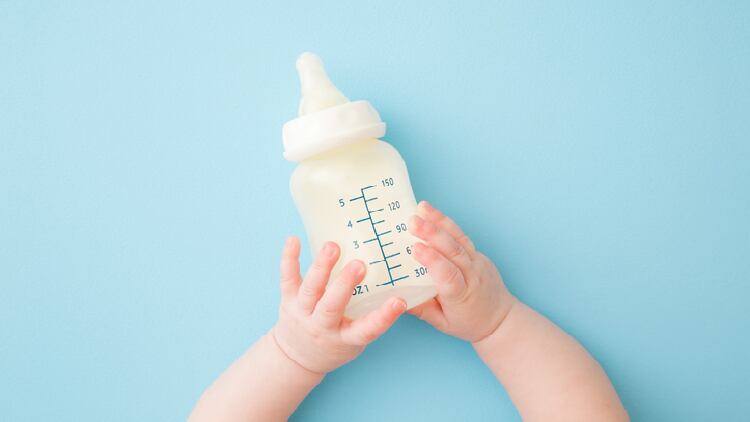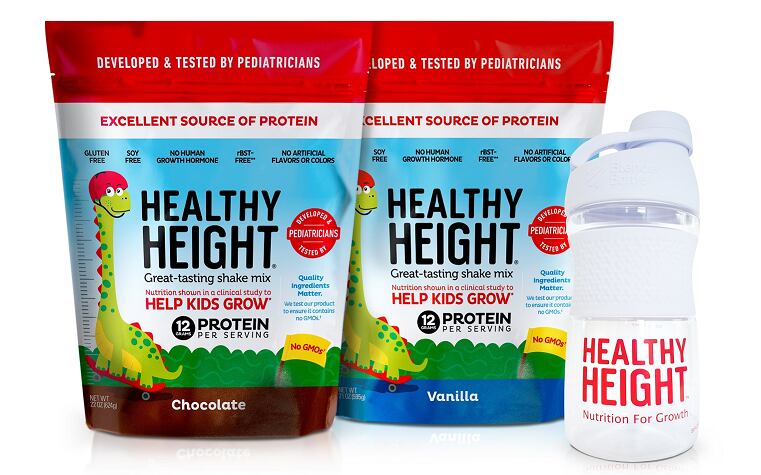Ausnutria said the sales of Kabrita and other goat milk products had grown by 8.8 per cent last year to RMB$3.1bn (US$477m).
However, the rate of growth was slower than that of FY2019 and FY2018, where yoy sales growth was 40.5 per cent and 77 per cent respectively.
The sales performance of Kabrita was affected by the reduction in marketing and promotional activites due to COVID-19 lockdown, particularly in China last year, the Hong Kong exchange listed company said in its FY2020 full year revenue report.
Overall, the company recorded full year revenue of RMB$7.98bn (US$1.22bn), up 18.6 per cent from FY2019.
Gross profit was up 12.7 per cent to RMB$3.98bn (US$612m). The company’s other portfolio includes cow’s milk formula and health supplements, in particular, probiotics.
About 90 per cent of Kabrita’s global sales comes from China, where it also enjoys market dominance.
Data from Nielsen showed that out of all the imported infant goat milk products, Kabrita had taken up more than 60 per cent of the market sales in China since 2018.
Examples of the company’s infant goat milk formulas include Kabrita Yuebai and Kabrita Youzhuang.
The brand also consists of products for different age groups, such as toddler formula Kabrita JingYing, prenatal and postnatal formula Kabrita Mama, as well as Kabrita Yingjia for 3 years old and above.
Other popular infant goat milk brands in China included Danone Nutricia’s Karicare, Bubs Australia, and Nuchev’s Oli6.
Aside from cross-border e-commerce, mother-and-baby store is another key retail channel for Kabrita in China.
Due to the COVID-19 lockdown in China last year, mother-and-baby stores had to close down temporarily, leading to difficulties in implementing marketing activities and nurturing of new customers, the company said.
All of the company’s goat milk formulas are produced in the Netherlands and sold in 66 countries and regions. Of which, South Korea is one of its latest entry, where the Kabrita brand was introduced in early 2020.
Market consolidation
The company believes that the infant formula market in China will be consolidated and dominated by a few brands, with leading domestic brands a force to be reckoned with.
“It is believed that the China infant formula industry will further consolidate due to tightening regulations and competition,” the company said.
It cited data on how the top three and top 10 infant formula brands took up 37.6 per cent and 76.6 per cent of the market share last year, up 2.0 and 4.7 percentage points respectively.
Against this backdrop, the company believes that brand upgrading and premiumisation will be key in attracting consumers. Developing its presence in lower-tier cities will also be important in gaining new customers.
Nutrition business mitigating gaps
On the other hand, Ausnutria’s nutrition business, which mainly consists of probiotics etc, was up 19.9% to achieve RMB$142.3m (US$21.8m) in FY2020.
The company said this was due to the public becoming more aware of the need to take care of their immune health amid the pandemic.
Riding on the popularity of lactoferrin, the company launched lactoferrin milk powder under the brands UHOPS and Holisure last year.
It also launched a new probiotic product from Aunulife, an Australian probiotic brand which it acquired in 2019, in China in the second half of 2020.
The company’s other supplement brand is Nutrition Care, which consists of probiotics, iron, resveratrol, and supplements for glucose control, as well as gut health.
On the other hand, the company has made new inroads in the area of Foods for Special Medical Purposes (FSMP) last year.
Its first nutritionally complete FSMP was approved in Taiwan, while its FSMP production facility in China also passed on-site examination.




